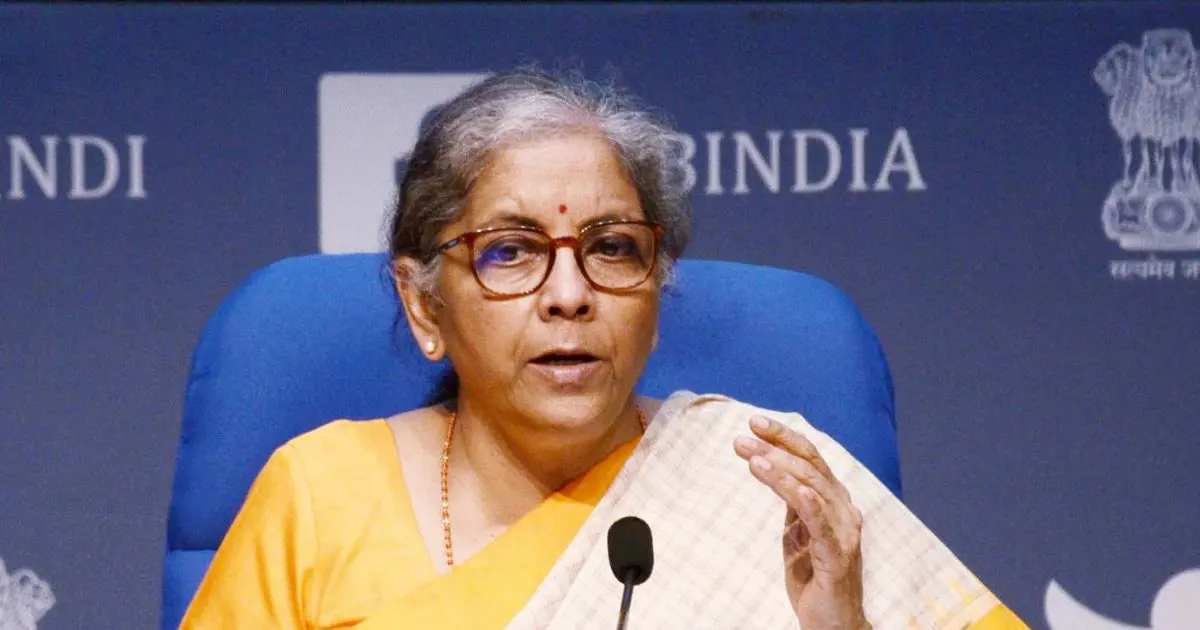Finance minister wants banks to tame lending rates
19 Nov 2024

Public sector banks in India have overcome the challenges posed by rising non-performing assets and declining profitability, but at a great cost to the borrower, finance minister Nirmala Sitharaman has said.
After a major reduction in policy lending rates to 4 per cent in the aftermath of the Covid pandemic, Reserve Bank of India (RBI) has been keeping its key lending rate at 6.5 per cent since February 2023 to tame a stubborn consumer price inflation, which jacked up lending and borrowing costs of banks.
Banks should tray to get out of the trend of rising cost of funds and credit and find a way to make borrowing more affordable as the “cost of borrowing is very stressful” for most of the borrowing public, she said.
This, she pointed out, could lead to a situation of perpetual increase in both inflation and borrowing costs, which could mar the country’s growth prospects and ultimately lead to stagflation.
Addressing a review meeting held to deliberate on current and emerging issues with the chief executives of PSBs, the finance minister said while the reforms and regular monitoring have resulted in enhanced systems and processes to ensure credit discipline, improve governance and financial inclusion, banks are yet to consolidate the entire gains of the reforms.
Public sector banks in India saw their combined net profit increase by a record 25.6 per cent to Rs85,520 crore in the first half of the current financial year (April-September 2024-25) while consolidated operating profit of these banks increased by 14.4 per cent to Ra1,50,023 crore during the period.
The aggregate business of public sector banks increased by 11 per cent year-on-year and stood at Rs236.04 lakh crore in the first half of the current financial year.
Consolidated credit flow of state-owned banks increased by 12.9 per cent and stood at Rs102.29 lakh crore at the end of September 2024 while total deposits with these banks increased by 9.5 per cent to Rs133.75 lakh crore year-on-year.
Gross non-performing assets of these banks declined by 108 basis points and stood at 3.12 per cent during the period, while net NPAs declined by 34 bps and formed 0.63 per cent of their total advances.
The capital to risk-weighted assets ratio (CRAR) of PSBs stood at 15.43 per cent at the end of September, against regulatory minimum of 11.5 per cent.
Public sector banks have also made significant progress in adopting technologies like Blockchain, cloud and AI to upgrade their digital infrastructure. Simultaneously, banks have also been taking measures to tackle cyber security risks and improve customer services.



















